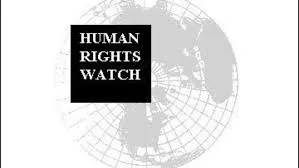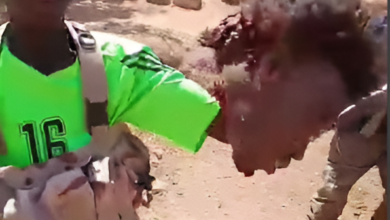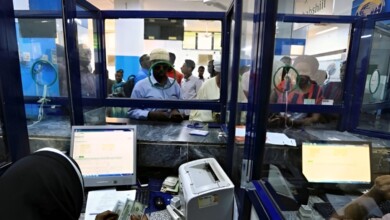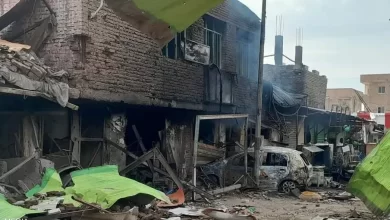The outbreak of the “Mpox Virus” in Khartoum
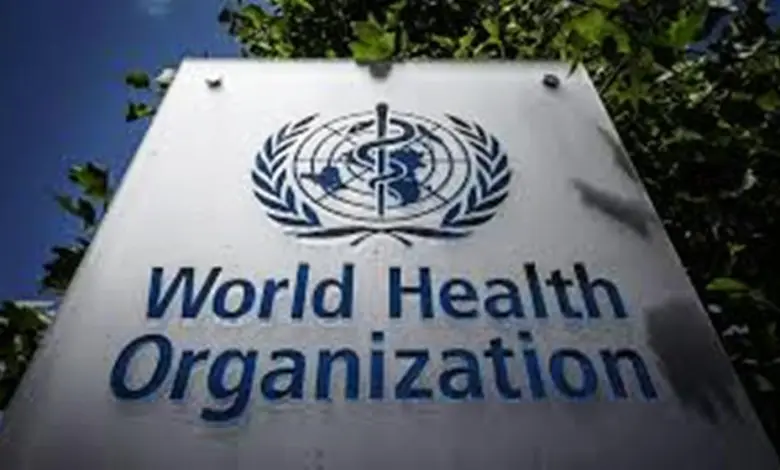
The Director-General of the World Health Organization “WHO”, Dr. Tedros Adhanom Ghebreyesus, announced that he is considering convening an expert committee to provide advice on whether to declare the outbreak of the “Mpox virus – Monkeypox” that is expanding in Africa as a public health emergency of international concern.
Since last September, the number of cases has been rising in the Democratic Republic of Congo due to a strain of the virus that was recently detected in neighboring African countries.
Dr. Tedros Adhanom Ghebreyesus stated that the UN health agency, the Africa Centers for Disease Control and Prevention, local governments as well as partners are further scaling up the response to interrupt disease transmission.
The “WHO” Director-General shared on the “X” Platform: “But more funding and support for a comprehensive response are needed. I am considering convening an International Health Regulations Emergency Committee to advise me on whether the outbreak of mpox should be declared a public health emergency of international concern (PHEIC).”
A Public Health Emergency of International Concern (PHEIC) is the highest level of alert that the “WHO” can issue. Dr. Ghebreyesus, as the “WHO” Director-General, can declare a Public Health Emergency based on the advice of a panel of experts in the field.
“This virus can and must be contained through intensive public health measures including surveillance, community engagement, treatment and targeted vaccine deployment for people most at risk,” Tedros added in a statement to Science magazine.
Mpox (formerly known as Monkeypox) is an infectious disease caused by a virus that is transmitted to humans by infected animals and can also be transmitted from person to person through close physical contact.
The virus was first identified in humans in 1970 in the Democratic Republic of Congo. It causes fever, muscle aches and boil-like skin lesions.

